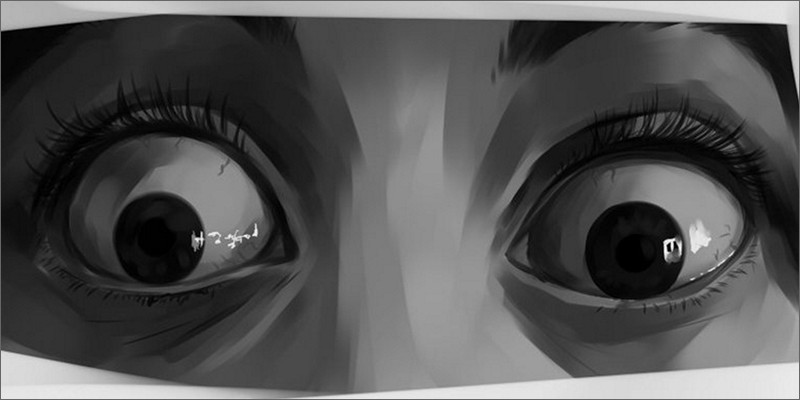
Andy Grove, the former CEO of Intel, implanted paranoia as a virtuous neurosis in a generation of managers with his famous quote: “Only the paranoid survives”.
Since then, it’s been an article of faith amongst much of the business world that you should be working in constant fear and suspicion of the competition, or you just aren’t going to make it. What a tormented way to spend your working hours, always looking over your shoulder.
But hey, Mr Grove grew Intel’s business from nothing to $20 billion over thirty years, so of course we can boil that success down to that one key neurosis: PARANOIA. Right? No. Not right.
In The Halo Effect, Phil Rosenzweig discusses at length how we’re overly prone to attribute all manner of virtue to the things the successful do. As long as we can spin a sorta cohesive narrative, it’ll be compelling on its face due to the blinding light of success. But successful people are wrong all the time about all sorts of important issues.
Steve Jobs may have been the world’s greatest product manager, but he also thought he could cure his pancreatic cancer on a “special diet” and that screaming at people at the office would make them excel. Let’s just say that reasonable people can disagree whether either of those proclivities were wise, productive choices for life and work.
The same way that reasonable people should challenge whether developing a neurosis for paranoia is really going to help them stay or excel in business.
What exactly are you hoping to cultivate through this primal draw? Out-working the competition, by putting in ever more hours? Doesn’t work. Productivity and creativity craters on long-term overwork. Forcing yourself to make an even better product? Well, why aren’t you already trying to do that? Stressing about what the competition is doing that you can’t change anyway? For what?
For everyone Mr Grove and Intel convinced they survived on paranoia, there are millions of other business thriving on simply making the best product they know how and selling it at a fair price. Most markets aren’t the winner-take-all slugfests of microprocessors. Not every competitor is an existential threat, and, even when they are, you’re better off just focusing on your own work. Trying to copy or defend against what the competition is doing is going to put you on the back foot anyway.
Besides, even the paranoid ends up relegated to history soon enough. Intel is now a shadow of its former imperial glory. It no longer sets the tone in computing, ARM processors in mobile do. Sure, they’re still a mighty and profitable enterprise, but paranoia couldn’t save their crown. And it won’t save yours either.
Don’t subject your life’s work to paranoia. It’s just going to cause you stress and anguish over things you mostly can’t change. Double down on making the very best product or service that you can instead. Be inspired by competitors who do certain things better, don’t dread them. If they truly have a purely superior offering, they’re going to win regardless of what you do or didn’t do. Just ask Intel.
Paranoia isn’t the only affliction causing things to get crazy at work. Jason and I are working on a new book that seeks to diagnose the lot of them and prescribe better ways of thinking about work. You deserve a calm company.

